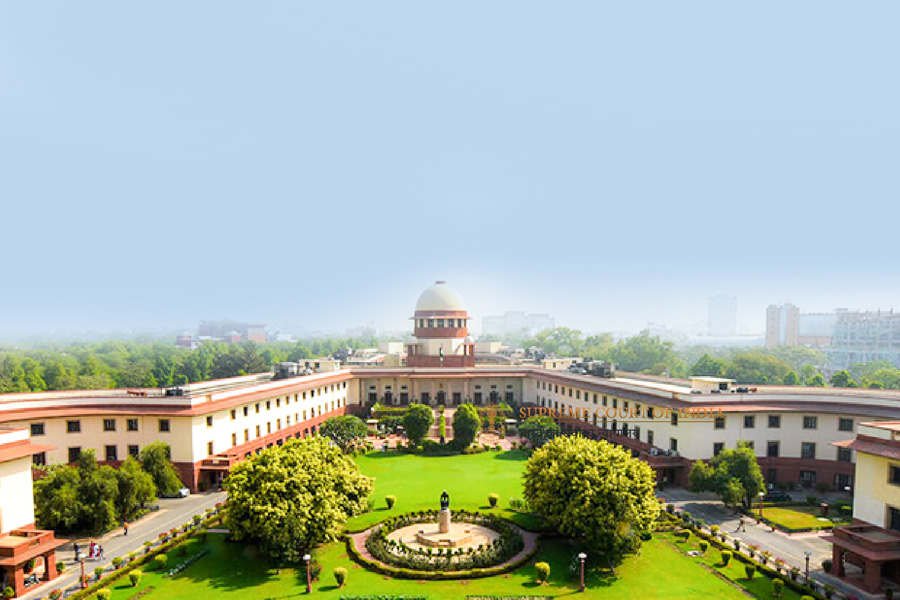
Granted bail to the accused in the Bhima Koregaon case, the Supreme Court stated that even though the offences they had been accused of were grave, that alone cannot be the sole ground to deny them bail and to justify their continued detention pending the trial.
Authors
Abhinav Mehrotra, Assistant Professor, Jindal Global Law School, O.P. Jindal Global University, Sonipat, Haryana, India.
Amit Upadhyay, Associate Professor, Jindal Global Law School, O.P. Jindal Global University, Sonipat, Haryana, India.
Summary
The debate around personal liberty and national security concerns has received renewed interest with the Supreme Court’s recent ruling, which held that keeping literature on violence will not be considered a terror act. The two men, activists Vernon Gonsalves and Arun Ferreira, who have been accused in the Bhima Koregaon violence case, have been in jail since August 2018 and are facing charges under the Unlawful Activities (Prevention) Act 1967 (UAPA Act).
The case pertains to the Elgar Parishad conclave held in Pune on December 31, 2017, commemorating the 200th anniversary of the Battle of Koregaon Bhima. In this context, important questions arise regarding what exactly terrorism is, the UAPA Act, and the rights violated and finally, the way forward.
Supreme Court’s action
The Supreme court granted bail to the accused while imposing certain conditions due to the pending criminal cases against Vernon Gonsalves involving similar allegations, including under the UAPA. The court also observed that the five-year-long incarceration of the activists made them duly eligible for bail.
The Supreme Court stated that even though the offences they had been accused of were grave, that alone cannot be the sole ground to deny them bail and to justify their continued detention pending the trial.
Defining terrorism
In simple terms, terrorism is neither state-specific nor an ideology. Rather, it is a method through which the aim of inflicting violence is pursued by intimidating or terrorising the people on whom harm has been inflicted to secure compliance from groups, primarily political actors.
The definitions adopted by the states for terrorism tend to define whom the proposed counter-terrorism measure captures, i.e., the subjects of the intended law, which means the range of individuals whose human rights will be restricted, as in this case were the activists Vernon Gonsalves and Arun Ferreira.
Published in: Millennium Post
To read the full article, please click here.


